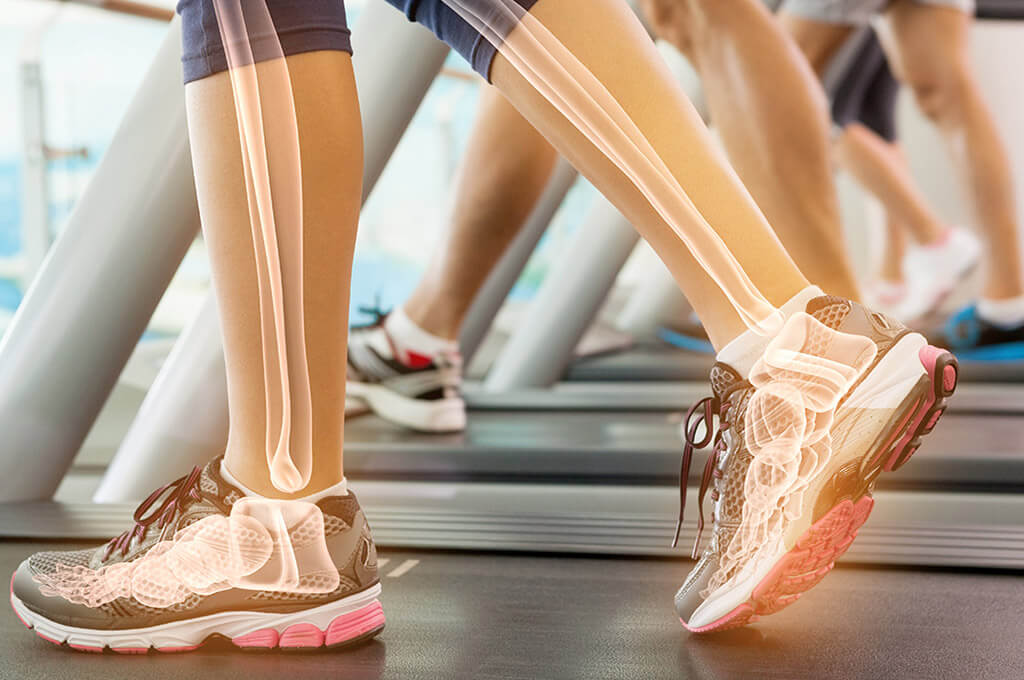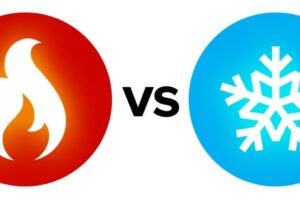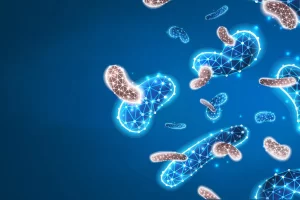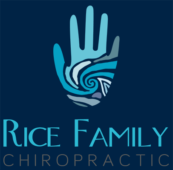Bone health: Improve bone health with these important vitamins

Bone health: Improve bone health with these important vitamins
While the debate over the potential benefits or dangers of a diet high in animal-based calcium continues to rage in some circles, there are some indisputable takeaways from this decades old argument that we can all benefit from.
On one side of the fracas, veggie lovers argue that drinking milk does little to improve bone health and reduce osteoporosis, but patently will lead to other health problems such as prostate cancer and heart disease. Some even argue that dairy products like milk can lead to osteoporosis and bone health issues.
Proponents of the pro-milk camp, on the other teat, argue that consuming dairy and other foods high in calcium will help grow bones and lead to fewer fractured femurs.
What is not really disputable is that osteoporosis is a major health problem globally: Each year more than 8.9 million fractures occur, including broken hips, arms and legs, as a result of compromised bone structure. In Canada 30,000 hip fractures occur each year. By the year 2030, the number of hip fractures is expected to quadruple!
Also indisputable is that the body does in fact need calcium to maintain strong bones. Bones are made almost entirely of calcium and protein (almost 50% of each). Although our bones are a living tissue that are always being built up and broken down, until about the age of thirty, the body produces more bone than it loses. After this, adults generally begin to lose bone mass, resulting in higher risk of osteoporosis—and broken bones.
Those who argue that cows’ milk should be left to the calves, rightly argue that there are many other sources of calcium effective in hardening the humorous (and other bones). For example, dark leafy greens and legumes both contain calcium in absorbable amounts. Also, calcium can be taken as a supplement, which is improved when taken alongside a vitamin D supplement.
Unfortunately, the science behind osteoporosis is still relatively unclear with different jurisdictions recommending different dosages of calcium—with some surprising results. For example, while North American jurisdictions like Canada and the US call for a high daily recommended intake (DRI) of calcium of 1,000 milligrams/day for those age 19 to 50, in Japan the recommendation is 600 mg/day. In spite of the lower intake of calcium among Japanese, research shows that osteoporosis rates in Japan remain substantially lower than in Caucasian populations.
The old belief that The truth, it turns out, isn’t as simple as: Eat more calcium, get stronger bones. Our bodies are, after all, complex machines. The fact is that we need a great deal of vitamin D, vitamin K and calcium to develop strong bones, and a good regimen of exercise is ideal, too.
Vitamin D plays an essential role in growing strong bones—in fact it is no less important than calcium. When the body needs more calcium, it is vitamin D that travels to the kidneys and encourages greater absorption of calcium into the blood stream and kidneys, where it minimizes the loss of calcium in the urine.
Most people know that vitamin D can be manufactured by our bodies as we lie in the the sun. But be aware that above 40 degrees latitude (IE San Francisco) the sunlight in winter months isn’t powerful enough to form vitamin D, so be sure to look for quality supplements as well.
Vitamin K, too, is an important ingredient in maintaining healthy bones. Studies have linked low vitamin K levels with poor bone density. When taken as a supplement, vitamin K leads to improvements in biochemical measures of bone health. Get your vitamin K in green leafy vegetables like broccoli, dark green lettuce, Brussels sprouts, collar greens and kale.
It goes without saying that calcium is important for healthy bones. The question is how much? North American standards suggest a very high intake of 1,000 mg per day. Some researchers suggest these numbers are based on studies that are too short term to be considered reliable. Elsewhere, such as throughout Asia, the DRI for calcium is much lower.
At Rice Family Chiropractic, we look at health in a holistic way, seeking to bring wellness through physical fitness, a good diet and a positive approach to life. If you have any questions about osteoporosis, bone health or how chiropractic can benefit you, please don’t hesitate to contact us via our contact page at www.ricechriropractic.ca


















